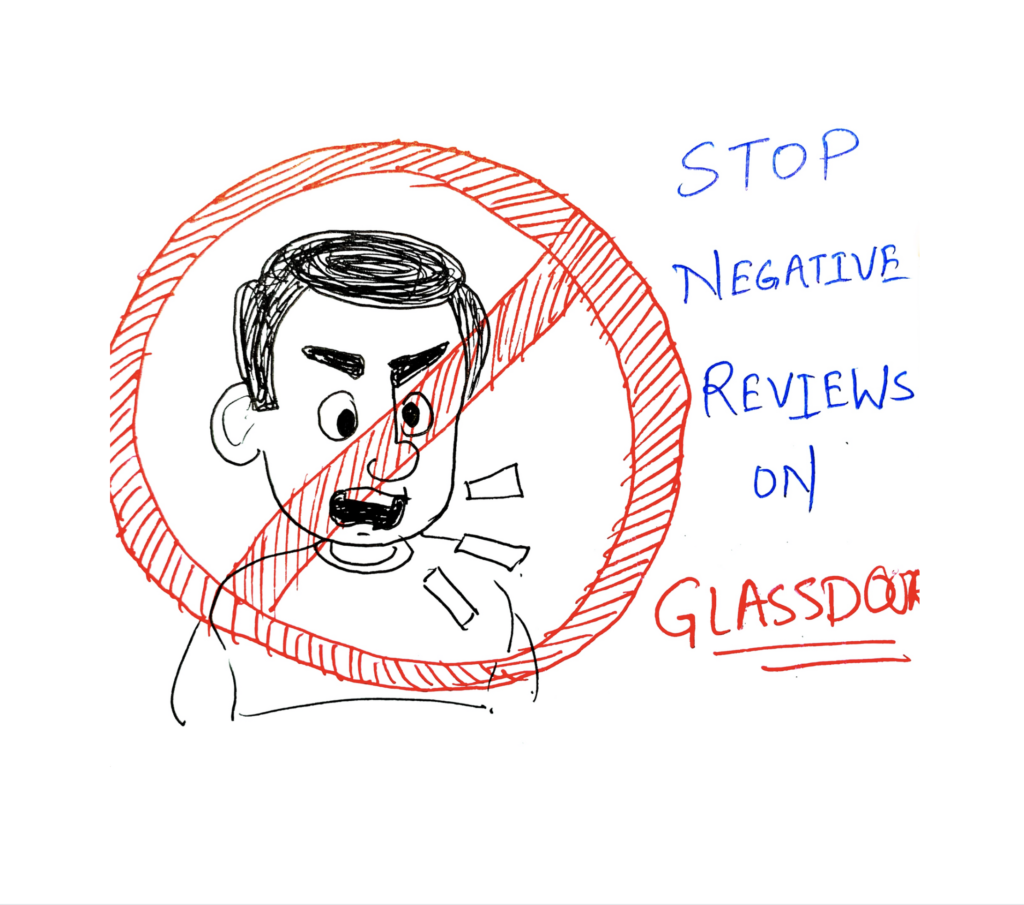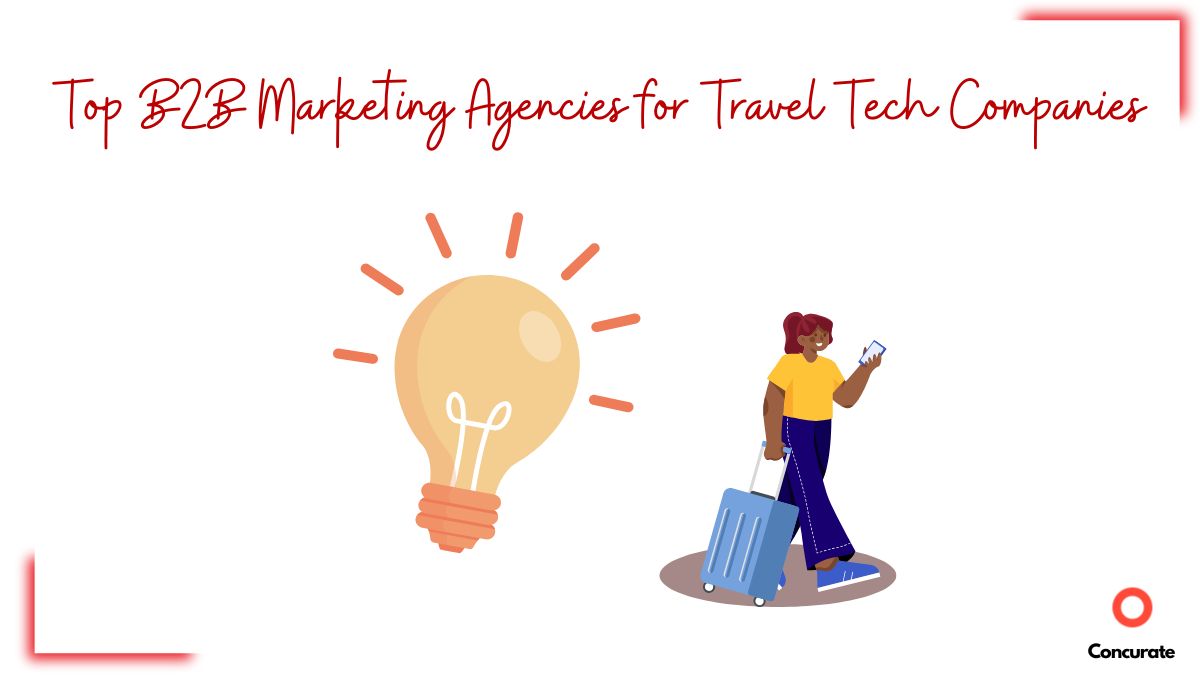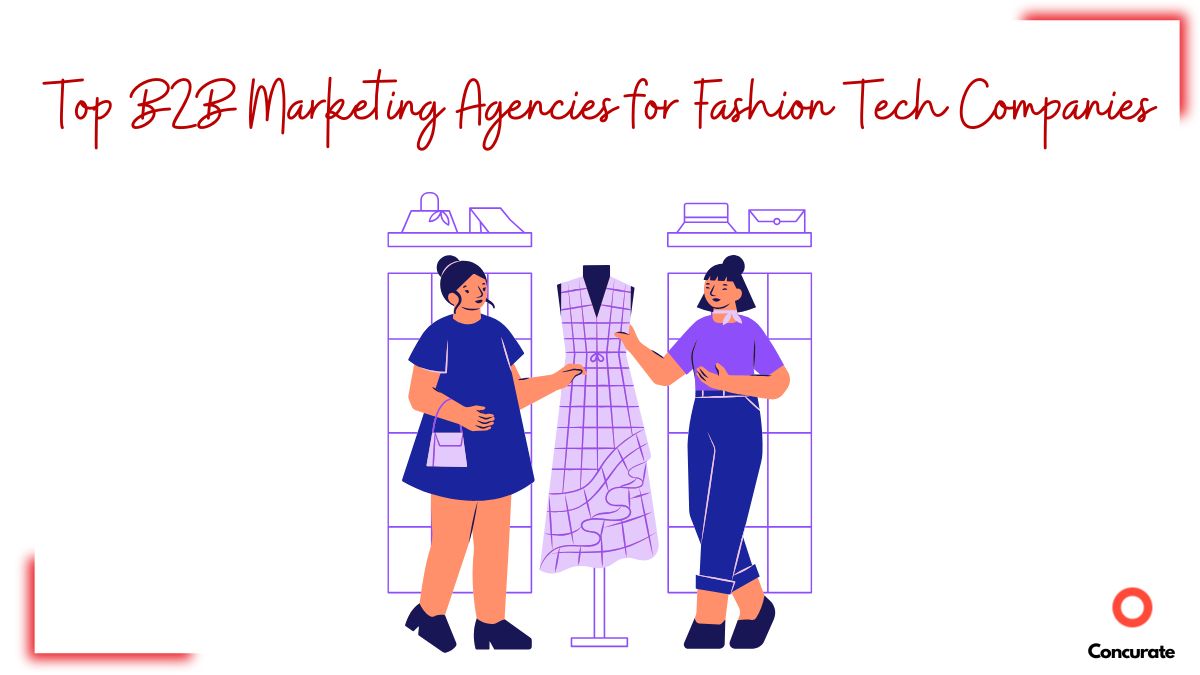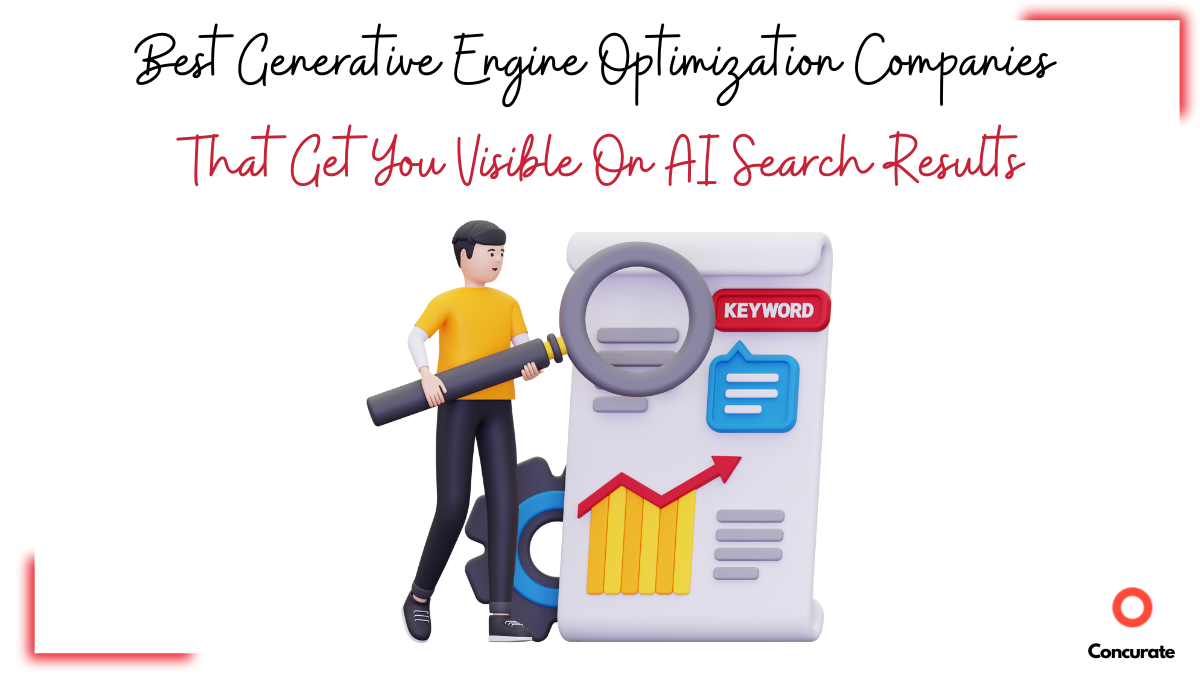Today, my manager asked me to write about how companies can prevent employees from leaving negative reviews.
Since I haven’t run a company myself, I decided to research and speak with industry professionals.
One of my conversations was with the CEO of a successful company, who shared insights from 20 years of experience.
Why Do Employees Leave Negative Reviews?
His response was simple:
“Review is an effect, not a cause”
When employees leave negative reviews, they are reflecting on their experience at the company. Instead of worrying about the review itself, companies should focus on these questions:
- Were expectations set correctly during hiring?
- Was there a mismatch between the employee and the company?
- Was the employee fired for underperformance? If so, were they given feedback, mentorship, and resources to improve?
- If a high-performing employee left, what went wrong?
Negative reviews don’t happen in isolation. They are often the result of deeper issues in company culture, hiring, or management. Many organizations focus on employer branding but fail to address the root cause of employee dissatisfaction, a key theme in How to Develop a Culture of Micro-Learnings in Sales.
How to Fix This?
The CEO emphasized that a company must align its belief system across three key stakeholders:

Understanding the Right Clients
Many companies focus on closing deals quickly. But is every client the right client?
The CEO shared an experience where clients would switch to a competitor the moment they found a cheaper quote.
- Let’s say his company offered a project for $2,500.
- A competitor quoted $2,300 or $2,100, and the client immediately switched.
- For them, quality didn’t matter, getting the job done at the lowest cost was the priority.
He compared this to road construction:
- Company A builds roads using basic materials, coal and tar, just to complete the project.
- Company B builds roads designed for durability, using the best practices to withstand rain, heavy traffic, and long-term use.
Company B knows that cutting costs can lead to a poor outcome, even if it means losing price-sensitive clients.
The takeaway? Not every client is a good fit. The right clients value quality, long-term benefits, and best practices over short-term cost savings. This mindset also applies to hiring the right talent instead of rushing to fill roles, as discussed in Hiring for Higher Positions: What Really Matters?.
Hiring the Right Talent Matters
At the same time, hiring should also focus on the right fit, not just skills.
From 15 years of experience, the CEO learned that attitude matters more than technical ability.
Every company will have its own definition of a “right-fit” employee. Here’s how his company differentiates between ill-fit and right-fit employees:
| Parameter | Ill-Fit | Right-Fit |
| Attitude | People who feel they know it all and without them they feel company would stop working. | People who are always up to learn and try something new. |
| Curiosity | People who are happy with the monotonous work. These are the people who are happy to do the same work day over day, year over year. | People who feel that monotonous work leaves no room for growing, experimenting or improving. |
| Creativity | People who fear to fail and thus always want to go by conventional approach to problem solving. | People who have the ability to think out-of-the-box and approach to solve the problem in a unconventional way. |
| Passion | People who think more hours mean more work. These are the people who focus more on productivity than hours. | People who work hard and party hard too. People who enjoy their work. People who find pleasure in solving challenges. And by solving every challenge , they keep progressing to become their better-selves. |
| Reaction to feedback | People who were expecting an A and are super disappointed to receive a B in performance review. Problem is not in disappointment. Problem is the reluctance in finding out why? And what can they change or learn in order to be an A next appraisal. | People who believe in taking feedback positively. People who do not get offended to receive a feedback. People who happily take guidance and help to improve themselves. |
| Problem-Solving | People who just crib about their problems. People whose ego gets hurt to ask for help. People who blame other people or team for problems. | People who solve the problems instead of complaining about them. People who don’t mind working across different teams to solve the problem. |
The most effective hiring strategies prioritize adaptability and culture fit over just technical expertise. This approach plays a significant role in reducing employee turnover and negative feedback, a core principle in this Retention Guide.
Hiring Strategy: Interns Over Lateral Hires
His company hires more interns than lateral hires. Why?
- Interns come with a learning mindset, rather than a fixed “I know everything” attitude.
- They are easier to train and adapt to the company culture.
- Only 5% of hires are lateral, as experienced hires often bring pre-set habits that don’t align with company values.
- Toxic employees are let go immediately to prevent them from spreading negativity in the workplace.
These sounds like great insights now let’s hear from the people on the other side of the table – The Employees.
What Do Employees Think?
To get the employee perspective, I spoke with professionals from different domains, countries, and seniority levels.
I asked two simple questions:
1. Do you love your work and your company?
2. What’s one thing about your company’s culture that keeps you engaged?
Here’s what they said:
“I like my work, but I’m not passionate about it. The best thing is the people. Good colleagues can make up for other issues.”
“My company never lets me fall into a comfort zone. I always have opportunities to grow.”
“Right now, the best thing is money. In Silicon Valley, company culture is generally the same across firms.”
“I love my work, but not my company. Consulting is what I always wanted to do, but the culture here is rigid. It expects long hours even when there’s no work.”
“Our small, supportive team makes a big difference. Even my bosses play chess and carrom with freshers.”
“I love the openness in my company. Everything happening in the company is shared with employees, making me feel like a stakeholder.”
“As a working mom, my company supports me with flexible work arrangements based on performance.”
“My company invests in learning opportunities, sending me to conferences and sponsoring certifications.”
“My company believes in giving back—I’ve volunteered to build homes for the homeless and teach underprivileged kids.”
What Keeps Employees Happy?
Most of the people I interviewed are happy with their companies for various reasons like:
1. Quality of work,
2. Growth opportunities,
3. Flexible work schedules,
4. Great colleagues and mentors,
5. Meritocracy
6. Ability to choose what you want to work on,
7. Direct access to communicate even with C-level executives,
8. The feeling of being valued and cared for,
9. Interest Groups,
10. Compensation, food and transport.
What Do Employees Dislike?
To get the other side of the story, I rephrased my question:
“What do you dislike about your workplace?”
Here are the most common responses:
1. Lack of result-oriented work culture versus time-sheet based work culture,
2. Office politics,
3. Monotonous work,
4. No learning or growing opportunities,
5. No Work-life balance,
6. No transparency (e.g., needing to fake sick leave instead of openly requesting time off)
7. Grouping because of regional or cultural bias.
8. No meritocracy or ownership.
How to Prevent Negative Glassdoor Reviews?
If you can manage to keep your employees happy, automatically they won’t leave any negative feedback about your company unless you made a wrong hire or you have not developed the right culture at your work place.
If you are a founder/C-Suite executive of the company and your employees are leaving negative reviews about your company, I want to ask you a few questions:
1. Are your employees truly happy?
2. Have they ever expressed their satisfaction?
3. When was the last time you did something to show you care?
4. Are you approachable? When was the last time you had coffee with a trainee?
5. Do your employees have career growth opportunities?
6. Do they have work-life balance? Do you know about their families, challenges, and goals?
Sometimes, what leaders believe is very different from reality. If you need help bridging this gap, we can help.
Pro tip: If you need 30 standout SaaS growth hacks to attain double the growth for your SaaS business, fill out the form below!
At Concurate, we help businesses create strategic, employee-centric content that strengthens company culture and brand reputation. Whether it’s employer branding, internal communications, or thought leadership, we ensure your content builds trust and engagement.
If your organization needs a content strategy that attracts and retains top talent, let’s connect over a short call. Block our calendar today.







